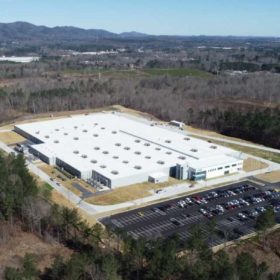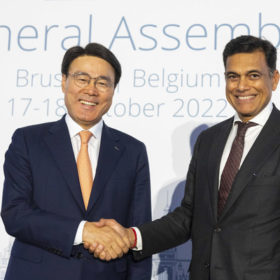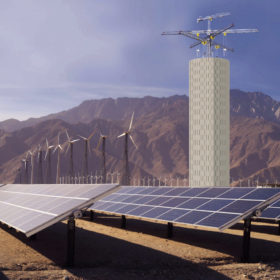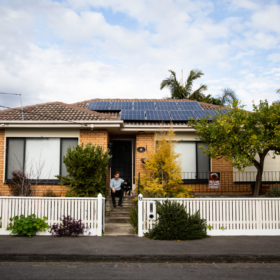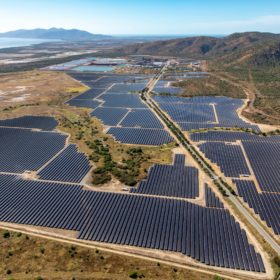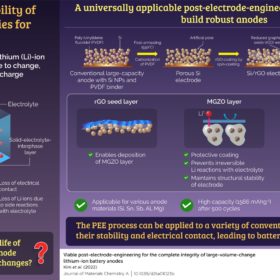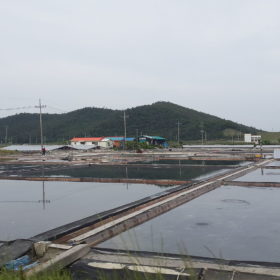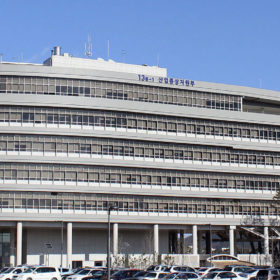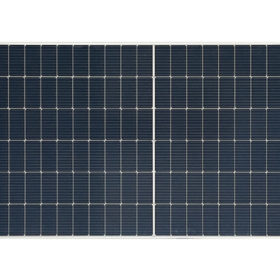Q Cells announces $3.6 billion investment in solar supply chain
Q Cells plans to manufacture 3.3 GW of solar ingots, wafers, cells, and finished modules in a new facility in the US state of Georgia.
South Korean steelmaker to invest $60 billion in Australian green steel ventures
South Korean steel producer Posco Group will invest $60 billion (USD 40b) in Australia by 2040 across the green steel supply chain, including in renewable generation, electrolysis and steel making processes.
Proposed 330 MW Victorian solar farm opts for 500 MWh Swiss battery
Swiss energy storage company Energy Vault has been awarded the contract to supply the in development 330 MW Meadow Creek Solar Farm in Victoria with a 250 MW/500 MWh battery energy storage system.
Qcells partners with Plenti to simplify home solar and storage financing
South Korean solar and battery manufacturer Qcells has partnered with finance lender Plenti to launch a home solar, energy storage, and virtual power plant (VPP) solution for Australian customers.
Ark Energy floats 3 GW renewables hub for Queensland
International metals group Korea Zinc’s Australian subsidiary Ark Energy has announced it will build 3 GW of renewable energy generation in north Queensland as part of plans to produce more than 1 million tonnes of green ammonia per annum for export by 2032.
Dye-sensitised photocatalyst promises most efficient solar water splitting to date
Japanese researchers have developed a new way to improve water splitting, while South Korea has completed its largest hydrogen production complex. Scotland and England have announced new hydrogen investments, and Uzbekistan and Saudi Arabia’s ACWA Power have agreed to collaborate on hydrogen projects.
Universal method to improve lifespan of lithium-ion batteries
Researchers at the Gwangju Institute of Science and Technology (GIST) have developed a broadly applicable and versatile post-electrode-engineering process. It can be applied to a range of conventional anodes to improve their stability.
Construction begins on South Korea’s largest PV project
South Korean utility Kepco is building a 200 MW solar park on a former salt farm. It said the project will be operational by June 2023.
South Korea kicks off 2 GW PV tender
Selected projects will be awarded a fixed rate under a 20-year contract under the country’s renewable energy certificate (REC) scheme and will sell electricity to local power distributors.
SDN launches 550W solar module with 21.28% efficiency
The Korean manufacturer launched a new bifacial module based on M10 wafers and is planning to produce bigger modules based on M12 wafers starting from the third quarter.
